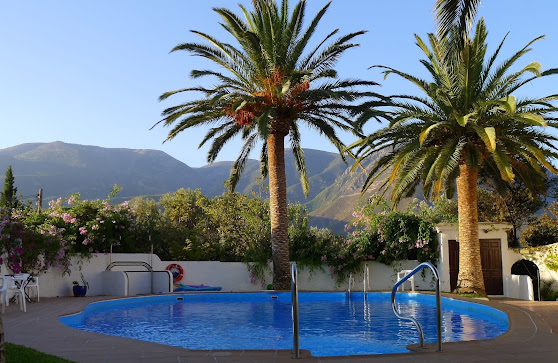But what about the incredible birdsong that we all enjoyed during lockdown?
I wondered if the birds were singing more cheerfully and exuberantly as they were being uninterrupted by humans. Perhaps they were celebrating the quietness of their habitat, with less noise pollution for their delicate senses? Or did we just notice the birdsong that was always there because everything was quieter? Without the constant over-stimulation of traffic noise, overhead planes and the constant pinging of phones, we were able to hear the delicate sounds of nature. In San Fransisco, the white-crowned sparrows were monitored and during the spring of 2020, their song was actually quieter but richer, deeper and more varied than normal. Not only did we feel better with the silence, so too did the birds.
As we ease our restrictions in the UK, I have many mixed emotions about it. Even though I am enjoying being able to relax and chat to friends for longer periods in their gardens, I am missing the stillness and audible birdsong already. At weekends, our seaside town once again has traffic queues, congested parking and hundreds of visitors admiring the beach-huts. While of course this is great news for the local economy that relies on tourism, I wonder about our human impact on Mother Earth. I feel like a protective mother, wanting to keep things peaceful with the sound of the birds and waves a soothing tonic for the soul. Will we quickly forget about our deep, primal connection to nature when we are tempted back out into the material world of shopping, meals-out, drinks with friends and driving about?Rather than birdsong becoming a forgotten source of pandemic nourishment while everything else was closed, what about holding onto this tender connection? During this last year, I have felt incredibly close to nature, observing the tiny changes in plants and bird life along my regular route. I had never taken the time, until now, to notice the buds on trees in the spring, slowly opening a little further each day as I walk past. Similarly, I had never slowed down long enough to get to know some familiar birds in their home patch out on my walks. Now that I pause, listen, take a breath or two and stay still for a minute I am rewarded with getting to know my local bird life. It fills me with joy and a deep sense of wonder, each time I hear a bird's exquisite tune and I pause to spot the source high up in a tree. Thanks to helpful locals and the RSPB website, I can now proudly identify (as a complete beginner) a very small number of bird calls!
Last week, we walked through woodland rather than along the beach and was instantly struck by the intensity of bird song. Even though there was some traffic noise at times, I felt like my ears were becoming better attuned to listening to the delicate birdsong all around me. The first song I heard among the oak trees was a clear two note tune, so simple but recognisable as a great tit. A robin hopped along the path for a few moments, looking curiously at us. Later I heard its distinctive melodic improvisation, consisting of long notes followed by some rapid trilling. That afternoon, I heard a chiffchaff, a small olive-brown warbler with a distinct three tone repetitive call and a pause awaiting the response of a mate.
Each time I am in nature and pause to notice the birdsong and bird life around me, I feel deeply relaxed and joyous. Through this difficult pandemic year, the nurturing and calming effect of birdsong has been a common theme for so many of us. Dr Eleanor Radcliffe has studied the impact of birdsong on human well-being and found, unsurprisingly, that there was an positive impact on mental fatigue and stress. This was especially through hearing birdsong that is quiet, high frequency with a level of complexity such as a melody. I hope that through this pandemic period, many of us will continue to feel the presence of our natural world that sustains us. Perhaps the birdsong is a literal wake-up call for all of us to preserve our precious planet and remember how deeply connected we are, if we just pause long enough to notice.
"A birdsong can even, for a moment, make the whole world into a sky within us, because we feel that the bird does not distinguish between its heart and the world's." Rainer Maria Rilke
Photos courtesy of Unsplash with thanks: robin, tree sparrow, wagtail, chiffchaff, cormorant. I dd attempt to take photos, but capturing bird life on camera is very difficult!















I enjoyed reading this and you capture the soothing quality of birdsong in your words... I hope to remember to notice it still too!
ReplyDeleteThank you for reading this post and I'm glad the soothing quality came across.
DeleteI have been walking more and more, (to support the recovery of my back) and I have been amazed at how much I can see and hear and feel when I walk mindfully. So many things I have missed or not noticed for years! It is such a joy to me.
ReplyDeleteThank you for sharing and it is so inspiring to hear other stories of connection to nature while walking mindfully. It sounds joyous for you!
Delete